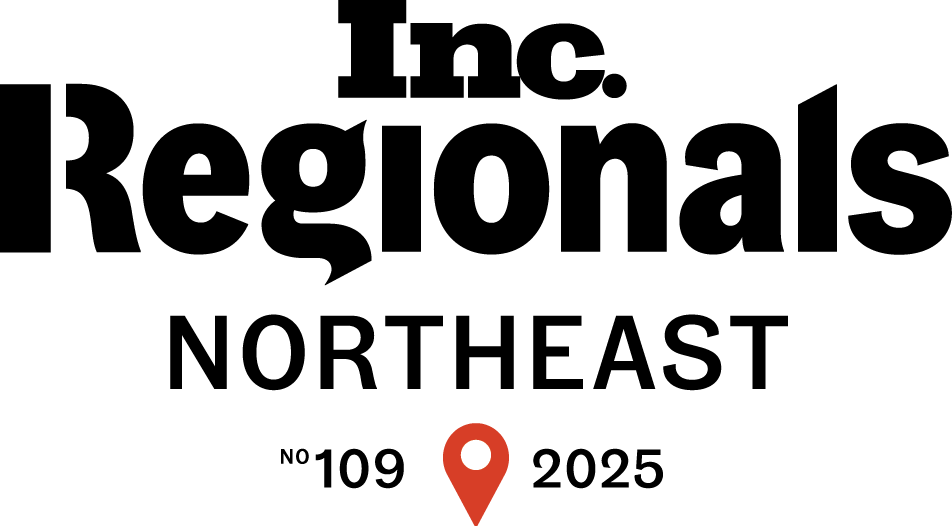Megan McLaughlin
Operations Manager
Energy costs across the northeast are increasing significantly ahead of the winter; that’s what everyone is hearing. What this also brings is an onslaught of sales calls, mail, emails, and even in some cases, faxes. Sorting through the noise can be a hassle, but there are some tools you can use to ensure that your business is taken care of and ready for the upcoming winter.
With the increase in marketing, it becomes imperative that consumers and business leaders can actively discern between marketing materials and official notices from the utility. Two of the most common tactics among third parties are telephone campaigns and letters designed to look like notices from the utility. The utility will not call you about a “discount” program and they won’t send a letter notifying you of the change in supply rates. Any time a call is made, the caller should readily identify who they are and who they are representing.
Further, they should adhere to any request for a Do Not Call list or no contact. If they claim to be your current supplier or energy advisor, and you don’t have that information handy, ask them to verify certain things like the contract end date, your current rate, or the length of your last contract. This is all information that can be validated with a copy of your current agreement after the call.
If you are uncertain who you are speaking with or uncomfortable with some of their questions, don’t give information out over the phone, including utility account numbers; instead, request that they send an email to you. This will better accommodate your schedule and will have the added protection of allowing you to verify their information and credentials. If you are considering a new supplier or energy advisor and aren’t entirely certain about the decision, it is highly recommended to check the reviews online, ask for referrals, or even check with the Public Utilities Commission to ensure that everything is licensed and ready to move forward.
There are many options for third-party suppliers and energy advisors, so don’t be afraid to ask as many questions as you need to be confident with the decision being made. Third parties should be upfront and transparent, and when they aren’t, it may be time to consider a new partner to assist with your energy needs.
Protecting your costs and budget can be challenging, but there are some things you can do to mitigate the risks associated with the increase in marketing attempts.
- Be suspicious about any emails, mail, or calls regarding a “discount” on your energy bills or insinuating that they are associated with the utility
- Never give out the login information to your utility profile
- Protect your energy bills and account numbers. Don’t send invoices to anyone without validating their credentials in writing and consider signing a Letter of Authorization
- Know who you should contact; whether it’s your energy advisor or customer service representative at the supplier, know who you should contact any questions
- Track your contract; you can put a calendar reminder in 6 months before the contract ends or whatever works best for you to clearly know when your agreement ends
- Be explicit with your employees about who handles this type of purchasing, who has the authority to sign a new contract, and even, who can send the invoices to a third-party
- Check out websites, reviews, and even the local Public Utilities Commission to ensure that the energy advisor or supplier you are considering working with is properly certified and registered
Explore other energy industry articles in our September Newsletter to help you make informed decisions for your business.
Connect with our team if you have questions or want to learn more. Contact Us







Connect With Us